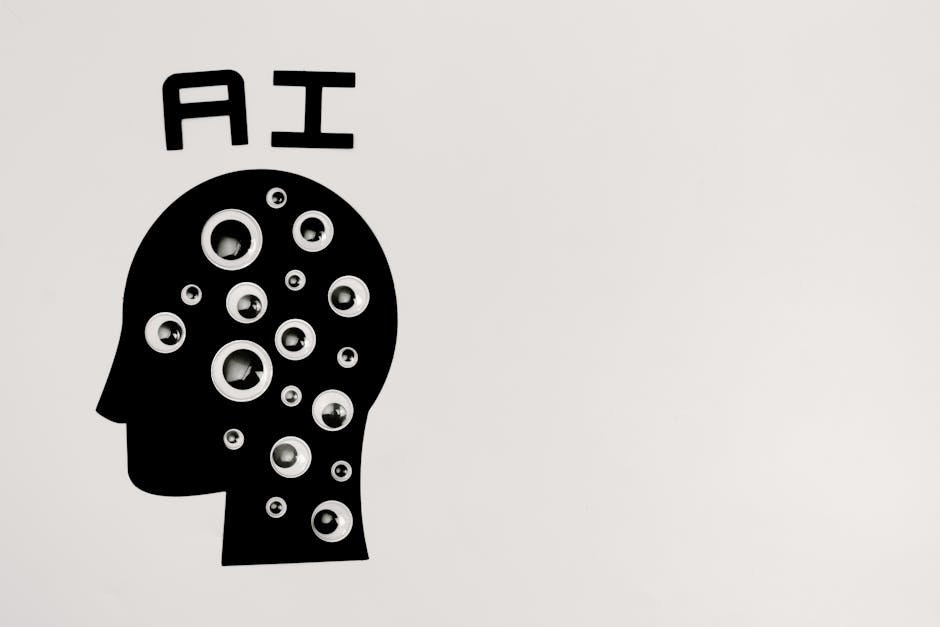 The Emergence of Young AI Models and Their Influence on Technological Advancement
The Emergence of Young AI Models and Their Influence on Technological Advancement
Read more here or visit this site now to discover more on the impact of young AI models and its impact on technology
Young AI models represent the most recent advancements in artificial intelligence technology, developed using sophisticated machine learning algorithms and extensive datasets. These models are known for their rapid learning capabilities, adaptability to new environments, and proficiency in managing complex tasks more efficiently than their predecessors.They are called “young” not because of their temporal age but because they represent the newest developments in AI technology.
In the healthcare field, new AI models are transforming patient care by enabling more precise diagnostics and individualized treatment plans. They can analyze large volumes of medical data in seconds, identifying patterns that would take humans much longer to see.Such advanced capabilities can facilitate the early diagnosis of diseases and lead to more successful treatment outcomes.
In the automotive industry, AI is transforming how vehicles are manufactured and operated. Young AI models are enhancing autonomous driving technologies, enabling them to better predict and adapt to traffic conditions.They also assist in optimizing manufacturing processes, reducing costs, and improving vehicle quality.
In the realm of entertainment, AI models are creating more immersive and interactive gaming experiences. They are capable of modifying game difficulty in real time to match a player’s skill, or even generating evolving storylines that respond to the player’s actions, making every gaming session distinct.
Young AI models are central to advancing smart home technologies by learning the preferences of residents and automating tasks such as lighting, heating, and security based on recognized patterns. This not only boosts comfort but also enhances energy.
AI has revolutionized online shopping by offering personalized product suggestions and virtual fitting rooms.From personalized product recommendations to virtual fitting rooms, AI models analyze your preferences and browsing habits to provide a more customized shopping experience.
As AI becomes more prevalent in our lives, it’s crucial to confront the ethical challenges it presents. This involves developing and implementing AI systems in a manner that is equitable and free from discrimination. It’s also important to maintain transparency about the decision-making processes of AI models and to clearly establish accountability for those decisions.
In terms of employment, AI has the potential to replace certain jobs, yet it also opens up new possibilities in fields such as AI maintenance, programming, and system management.Education and training systems need to adapt, providing skills that complement AI technologies rather than compete with them.
The integration of AI into everyday life and multiple industries is just beginning. As AI technology continues to evolve, we can look forward to more innovative applications and increasingly intelligent AI models that challenge the limits of what is achievable.However, continuous innovation should be balanced with careful consideration of the social, ethical, and economic impacts to ensure that AI benefits all of society.
The emergence of young AI models is transforming both the technology sector and everyday life. These advanced systems bring significant capabilities and conveniences, yet they also pose challenges that must be addressed. By adopting these technologies and carefully considering their impacts, we can fully leverage AI’s potential to make significant improvements to our world.
Source: blog link